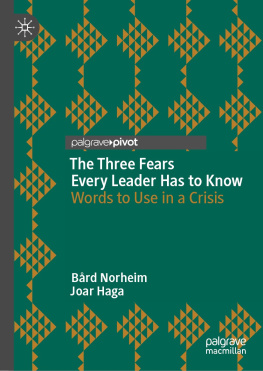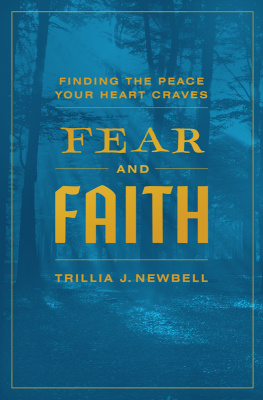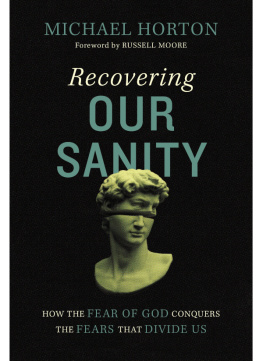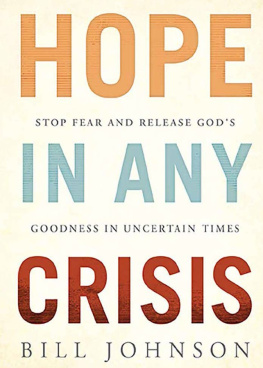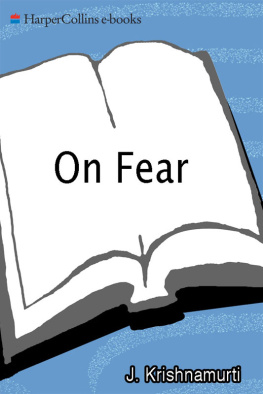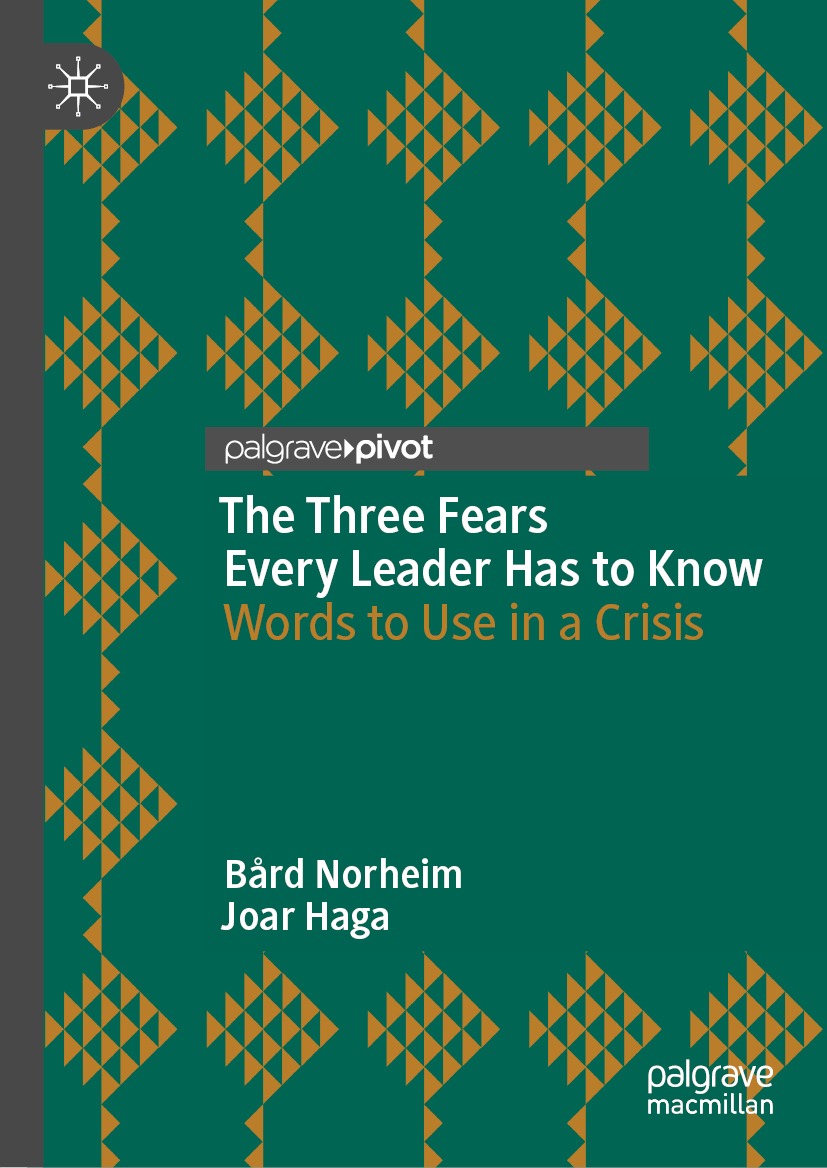Bård Norheim - The Three Fears Every Leader Has to Know: Words to Use in a Crisis
Here you can read online Bård Norheim - The Three Fears Every Leader Has to Know: Words to Use in a Crisis full text of the book (entire story) in english for free. Download pdf and epub, get meaning, cover and reviews about this ebook. year: 2022, publisher: Palgrave Macmillan, genre: Romance novel. Description of the work, (preface) as well as reviews are available. Best literature library LitArk.com created for fans of good reading and offers a wide selection of genres:
Romance novel
Science fiction
Adventure
Detective
Science
History
Home and family
Prose
Art
Politics
Computer
Non-fiction
Religion
Business
Children
Humor
Choose a favorite category and find really read worthwhile books. Enjoy immersion in the world of imagination, feel the emotions of the characters or learn something new for yourself, make an fascinating discovery.
- Book:The Three Fears Every Leader Has to Know: Words to Use in a Crisis
- Author:
- Publisher:Palgrave Macmillan
- Genre:
- Year:2022
- Rating:3 / 5
- Favourites:Add to favourites
- Your mark:
The Three Fears Every Leader Has to Know: Words to Use in a Crisis: summary, description and annotation
We offer to read an annotation, description, summary or preface (depends on what the author of the book "The Three Fears Every Leader Has to Know: Words to Use in a Crisis" wrote himself). If you haven't found the necessary information about the book — write in the comments, we will try to find it.
Fear is an inescapable part of how human beings experience reality. The impact of fear becomes particularly evident in a crisis. When a crisis strikes, be it a war, a pandemic, global warming or a financial crisis, leaders are challenged to exercise sound judgement by speaking and acting. This book argues that there are three fears every leader has to know apocalyptic fear, political fear, and private fear. By appealing to these three fears in an adequate manner, a leaders appeal to fear may serve a constructive purpose in a crisis.
Bård Norheim: author's other books
Who wrote The Three Fears Every Leader Has to Know: Words to Use in a Crisis? Find out the surname, the name of the author of the book and a list of all author's works by series.

